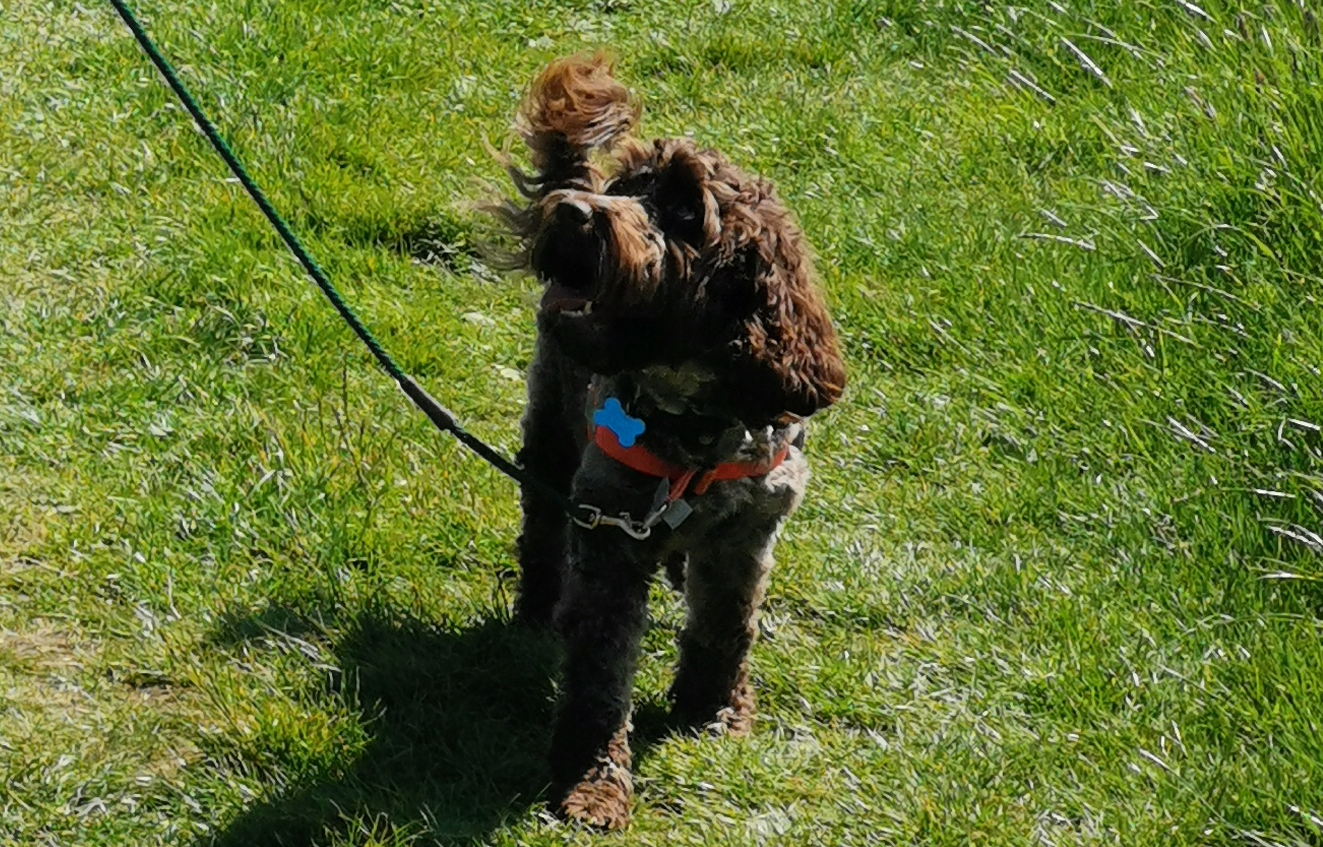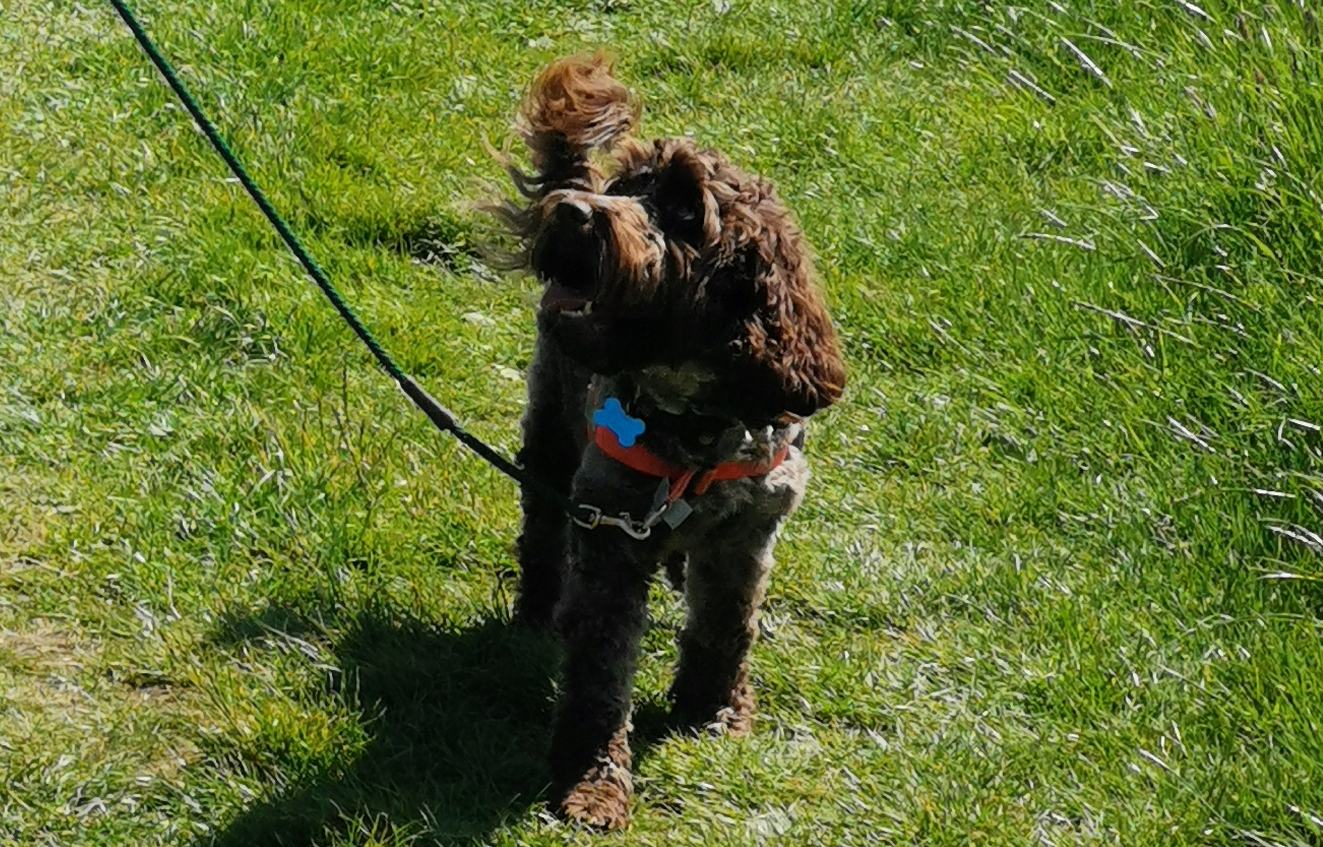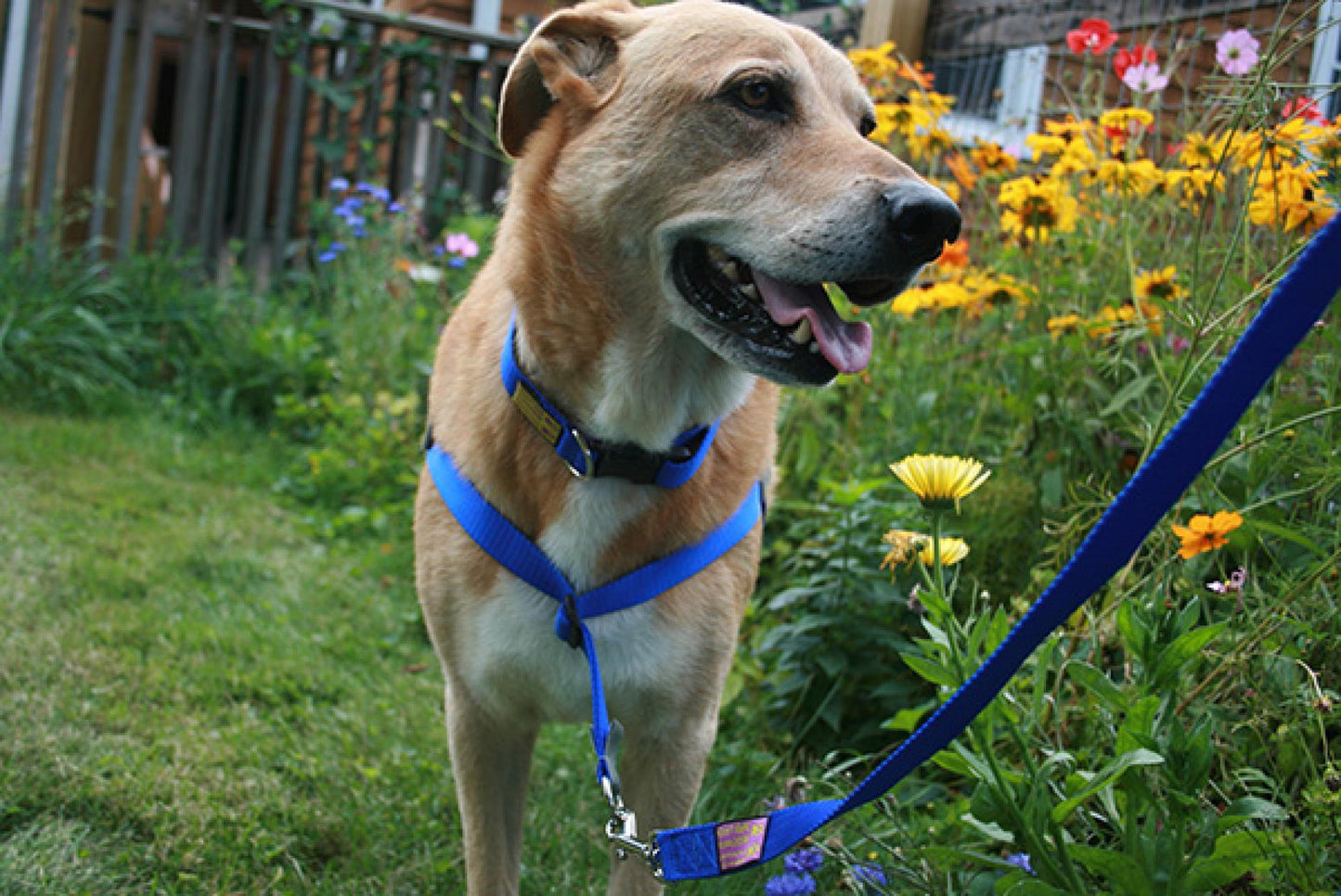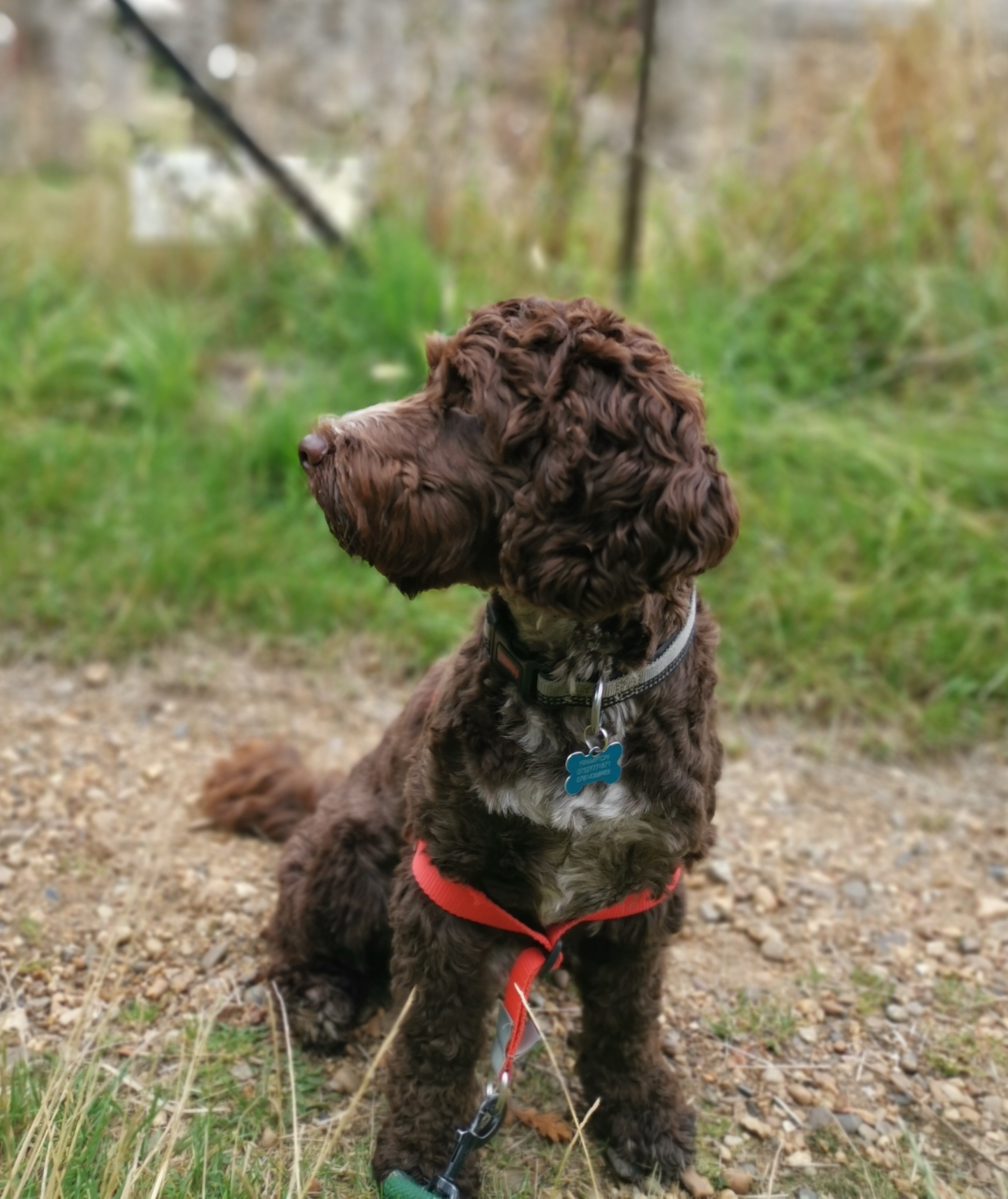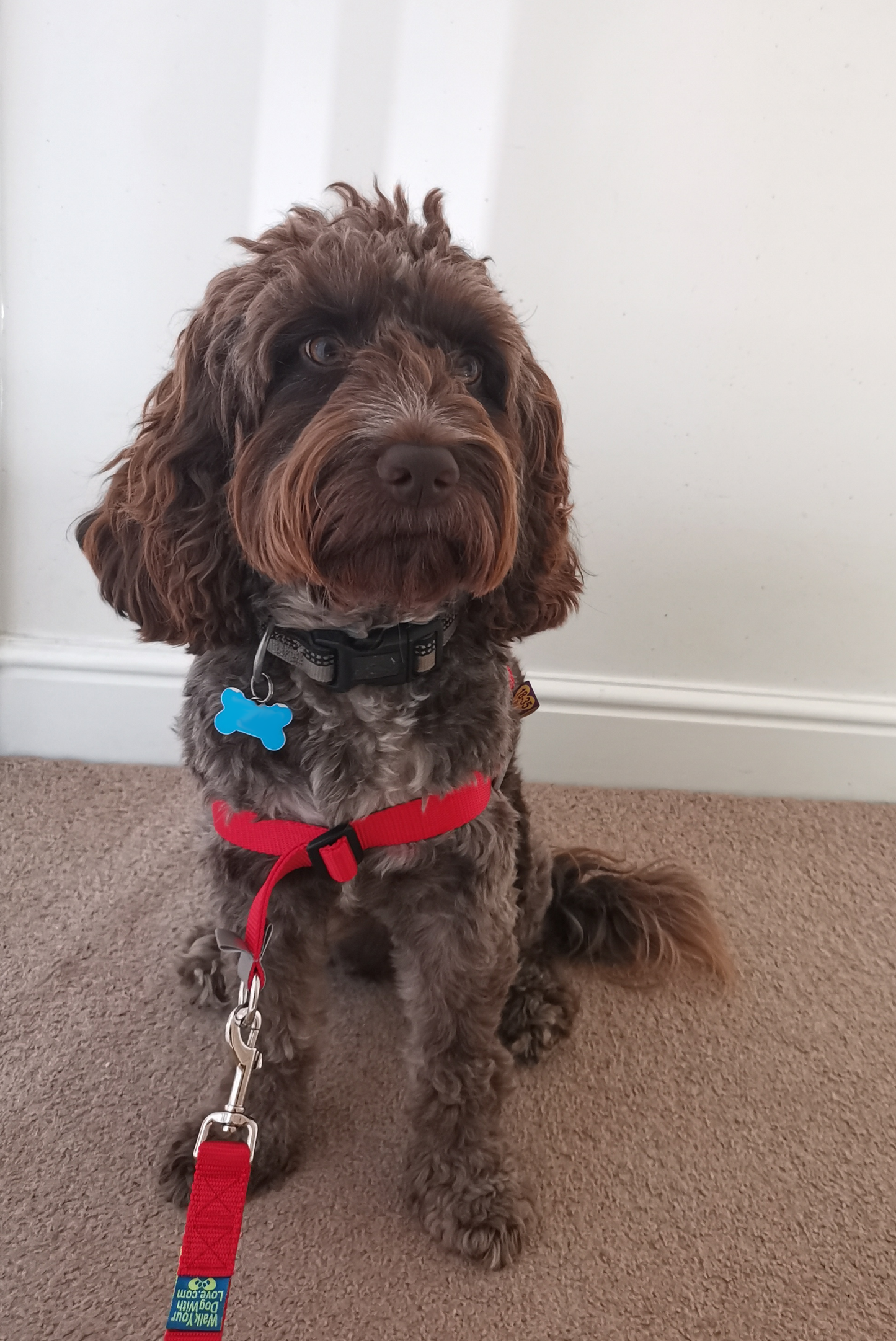Anyone who has spent time with puppies knows that they are energetic little furballs. With work, family time, and rest, it may be difficult for you to set aside time not only to train and housebreak your puppy, but also to ensure they get enough exercise. Keep in mind that an active puppy is a healthy puppy. Keeping yours active is critical to their overall health and relationship with you.
Why is puppy exercise Important?
Exercise is not only important for your dog's mental and physical health; it also helps you form a strong bond that will last throughout your dog's life. Regular exercise is essential for your puppy's health and happiness, just as it is for yours.
- Reduces the likelihood of obesity and the associated health risks
- Improves cardiovascular health and muscle strength
- Regular, scheduled walks promote housetraining and increase your puppy's ability to cope with your absences.
- Physical, intellectual, and social stimulation reduced behavioural issues
- Reduced digestive issues and constipation Increased agility Promotes confidence and trust, particularly in timid puppies
- Socialization with humans and other dogs has improved.
Negative Behaviors
A moderate amount of activity can help your puppy avoid problematic behaviours. Your puppy will also crave a lot of activity, chewing, playing, and exploring, all of which are natural behaviours. If there is no outlet for this desire to be active, it may manifest as destructive behaviours.
- Nighttime hyperactivity and restlessness
- Chewing, scratching, or digging
- Garbage scavenging
- Jumping on people or knocking over furniture
- Predatory conduct
- Rough play and biting
- Excessive whining and barking
How much exercise should a puppy get?
The precise amount of exercise a puppy requires is determined by a variety of factors, but it is important to remember that too much exercise can be just as harmful as not enough exercise. Although they are frequently far more energetic, puppies require less exercise than adult dogs. Excessive puppy exercise can cause exhaustion and joint damage, particularly in larger breeds. Exercise requirements vary by breed, but most dogs can benefit from at least one to two daily walks.
A good starting point is to aim for 5 minutes of exercise twice a day for each month of age. For example, puppies three months old should get 15 minutes of exercise twice a day, then 20 minutes twice a day at four months, and so on. Always monitor how your pet reacts to this amount of exercise and reduce it if necessary.
How to Train a Puppy
Even if you have a large yard for your puppy to run around in, they will require more to burn off excess energy. Short walks and jogs are both good for you and your puppy.
Structured games like fetch and tug-of-war can also help you and your puppy strengthen your bond. When your puppy is alone at home, keep them entertained with chew toys and food-filled puzzle toys.
Avoid forcing your puppy to exercise, as this can result in injury and a lifetime of health issues. Excessive running, bicycling or skating with a leashed dog, excessive fetching, and fast-paced, long walks are examples of forced exercise.


